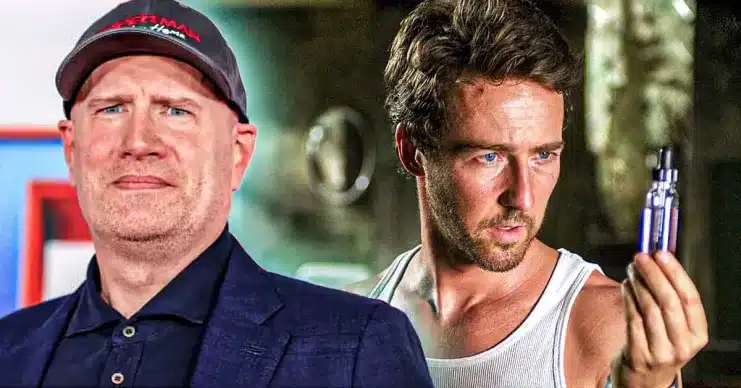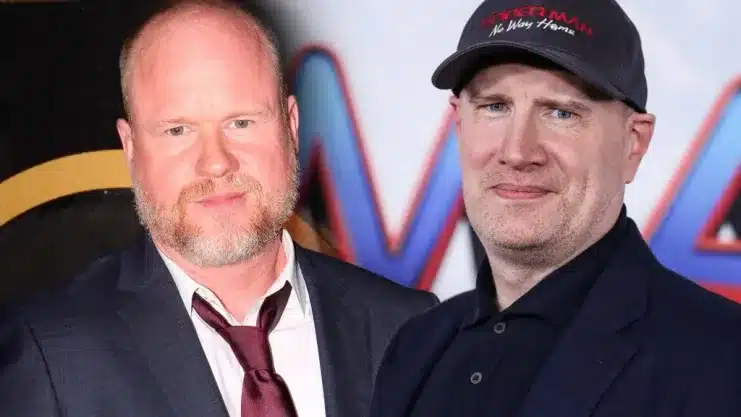
Find names blocked by Kevin Feige in the Marvel Universe
In an unexpected twist that will shake the foundations of the Marvel Cinematic Universe, a new publication reveals that Kevin Feige, the mastermind behind the monumental MCU saga, has decided to reject two key figures from his future projects. Who are these characters and what secrets does Marvel’s past hold that led to this surprising decision?
The architect of the cinematography empire
MCU: The Reign of Marvel Studios, written by Joanna Robinson, Dave Gonzalez, and Gavin Edwards, not only chronicles the rise and dominance of the MCU, but also sets the tone for Internet controversy by immersing readers in the behind-the-scenes controversy. Franchise. In this context, it has been revealed that Edward Norton and Joss Whedon are names that Feige has decided to permanently exclude from his list of collaborators. This information, provided by Dexerto, highlights that Norton and Whedon are out of the equation, even though Feige seems willing to reconsider everyone involved in the MCU’s history.
Before we get into the controversies, it’s important to understand Kevin Feige’s role in shaping the MCU. A producer on every Marvel film since Iron Man, Feige began his career as an associate and executive producer on films such as Sam Raimi’s Spider-Man trilogy, Daredevil, The Punisher, Ang Lee’s Hulk, the original X-Men trilogy, Blade: Trinity. and Fantastic Four films by Tim Story. Under his direction, Avengers: Endgame became one of the highest-grossing superhero films.
Kevin Feige is not only a visionary producer, but also the strategic pilot behind the MCU’s massive success. His ability to weave interrelated stories across different films and serials is unmatched in the film industry. Under his leadership, the MCU has evolved from a series of superhero movies into a global cultural phenomenon, influencing the way audiences and creators view franchise cinema.

The controversy of Edward Norton and Joss Whedon
The case of Edward Norton is particularly interesting. Bruce Banner’s portrayal in The Incredible Hulk was fraught with tension due to creative differences. Despite ending production, Norton was replaced by Mark Ruffalo for future MCU projects. Feige explained at the time that Norton’s departure was not about money, but about the need for an actor who shared the creative and collaborative spirit of the rest of the cast.
On the other hand, Joss Whedon, known for his work on Agents of SHIELD, was pitted against Feige. The differences are speculated to be due to how SHIELD’s continued existence contrasts with the events of Captain America: The Winter Soldier. This tension may have influenced Feige’s statement in the introduction to another MCU-focused book, which suggests that Marvel series prior to Wanda Vision are not part of the MCU’s sacred timeline.
The multiverse saga and the future of the MCU
As the MCU continues its exploration of the multiverse in Phase 4, Feige hints that timelines could collide or merge, opening the door to countless possibilities and possibly reuniting previously marginalized storylines and characters. The multi-verse saga represents not only a wide creative field for Marvel, but also an opportunity to redefine what the MCU is and can be.

The revelation of these veto names by Kevin Feige not only sheds light on the complexities and challenges of running a franchise as vast as the MCU, but also raises questions about the future evolution of the Marvel Universe and its ability to reinvent itself and overcome challenges. Past controversies. With the Multiverse as the new playground, the MCU is ready to surprise us in ways we can’t imagine yet.